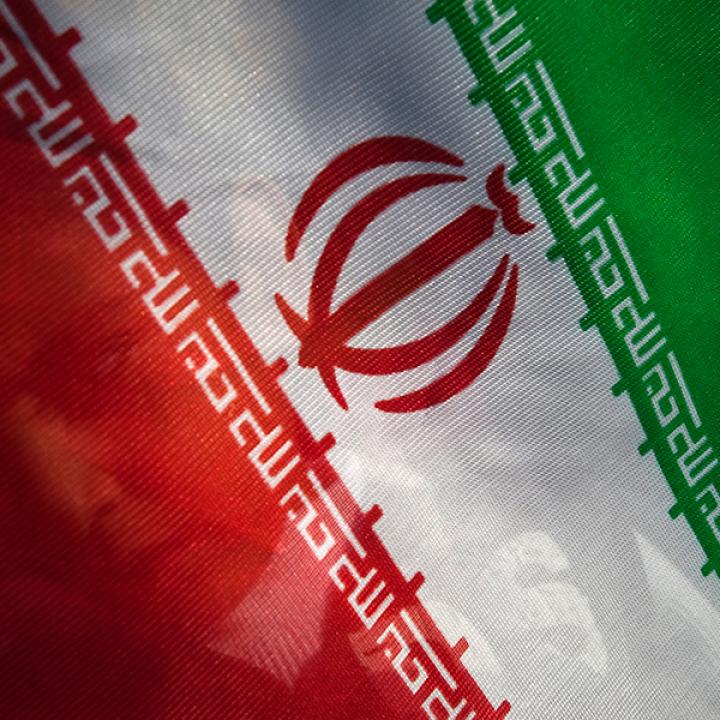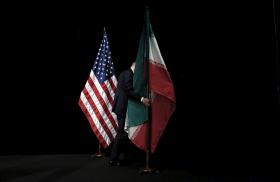

Regardless of whether the nuclear deal succeeds or fails, Iranian society is undergoing substantial changes that make the Islamic Republic's longer-term future difficult to predict.
The implementation of the Joint Comprehensive Plan of Action (JCPOA) heralds a new era for the Islamic Republic of Iran and the region. Over the past decade, by resisting unprecedented economic as well as political pressure and ignoring UN Security Council resolutions, Iran managed to significantly advance its nuclear program while avoiding a major military conflict. More recently, despite mounting opposition from critics in Tehran, Washington, and elsewhere, Iranian president Hassan Rouhani and lead U.S. negotiator John Kerry, as well as President Obama, have overcome historically deep-rooted problems and perils, arriving at the JCPOA.
The nuclear deal's significance in the Islamic Republic's history is comparable only to UN Security Council Resolution 598, in 1987, which called for a ceasefire between Iran and Iraq after eight years of bloody war. If Iran and the P5+1 comply with the JCPOA for the next fifteen years, Iran's economy will become fully integrated into the global economy and its peaceful nuclear program will then be thoroughly legitimized. What happens after those fifteen years depends on many factors and actors. It is likely that Iran will have a new Supreme Leader, given Khamenei's age (he was born in 1939); however, it is impossible to predict whether a significant political shift will accompany this leadership change. Iranian society is also changing rapidly, a reality that further complicates these considerations.
For Iran's immediate future, the most urgent questions relate to the nuclear deal. The JCPOA's sustainability is uncertain, and all parties need to identify parameters to strengthen the agreement's implementation. Since the JCPOA is neither a treaty nor a convention, Rouhani's government does not understand it to be legally binding, and as a result, to require the approval of the Majlis, or Iranian parliament. This approach to the JCPOA by both sides reduces issues of compliance and enforcement to a question of political will, which means Iran and the United States need to gradually build confidence after decades of no diplomatic ties. Bolstering political will is tricky, however, since it is a force that can go either way; political will helped bring about Iran's nuclear program in the first place, so using it to ensure the JCPOA's success is uncertain. But it is the key to the agreement's future...
View the full version of this excerpt on the Washington Quarterly website.
Washington Quarterly



